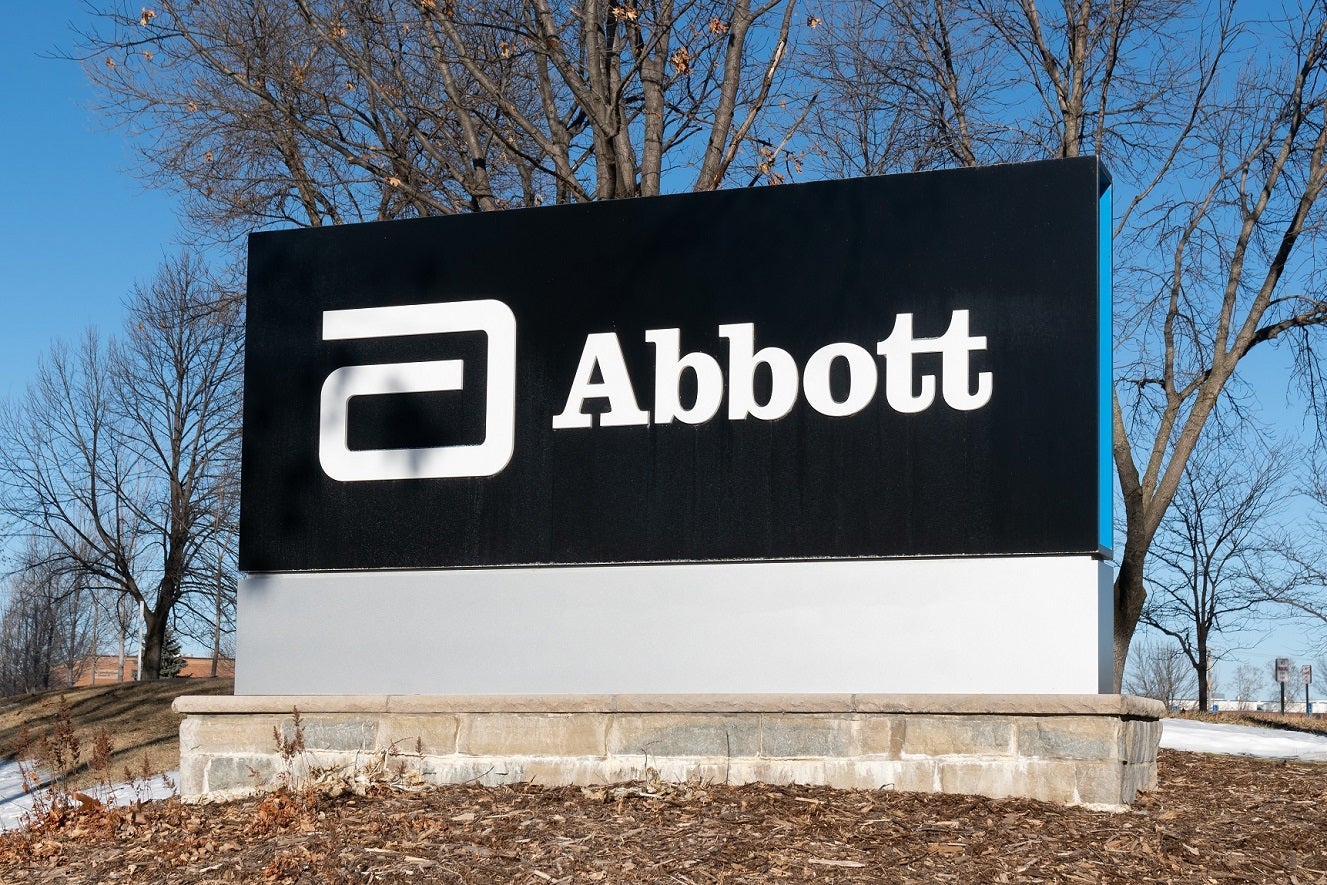
Abbott Laboratories expects to start shipping select infant-formula brands in 14 days after reopening its stricken plant at the weekend.
The site in Sturgis, Michigan, was closed in February after four consumer complaints related to Cronobacter sakazakii or Salmonella from infants who had consumed powder infant-formula manufactured at the plant. The incident sparked a shortage across the US, prompting President Biden to take emergency measures by allowing imports from overseas as Nestlé-owned Gerber and Reckitt Benckiser upped production to fill the shortfall.

Discover B2B Marketing That Performs
Combine business intelligence and editorial excellence to reach engaged professionals across 36 leading media platforms.
Abbott announced the Sturgis facility recommenced manufacturing on Saturday (4 June) “after meeting initial requirements agreed to with the US Food and Drug Administration (FDA) as part of the consent decree entered into on May 16”.
Initial manufacturing runs will focus on the EleCare brand and “other specialty and metabolic formulas”, with shipments expected to start “on or about” 20 June.
“We’re also working hard to fulfil the steps necessary to restart production of Similac and other formulas and will do so as soon as we can,” Abbott said in a statement.
The company added: “We understand the urgent need for formula and our top priority is getting high-quality, safe formula into the hands of families across America. We will ramp production as quickly as we can while meeting all requirements. We’re committed to safety and quality and will do everything we can to re-earn the trust parents, caregivers and healthcare providers have placed in us for 130 years.”

US Tariffs are shifting - will you react or anticipate?
Don’t let policy changes catch you off guard. Stay proactive with real-time data and expert analysis.
By GlobalDataLast month, FDA Commissioner Robert Califf admitted the US regulator’s response to the country’s infant-formula crisis had been below par. “I’d say because of the outcome, I’d give it at best a four or five” out of ten, he said during a US House oversight committee grilling, when asked to rate the FDA’s “performance to the situation”.
Multiple members of the panel were “furious” with the shortages playing out in the US and expressed concerns over the conduct of Abbott following revelations from a former employee over practises at the Sturgis plant.
Centre-stage was the FDA’s four-month delay in taking action to address the concern. Media firm Politico reported in April health officials in Minnesota first alerted the FDA and the Centers for Disease Control and Prevention (CDC) in September to possible Cronobacter sakazakii contamination after an infant was hospitalised after consuming formula made at Sturgis. Four infants were affected, and two have died.
Abbott had previously said “there is no conclusive evidence to link Abbott’s formulas to these infant illnesses” following the FDA and CDC investigation: “Abbott conducts microbiological testing on products prior to distribution and no Abbott formula distributed to consumers tested positive for Cronobacter sakazakii or Salmonella. All retained product tested by Abbott and the FDA during the inspection of the facility came back negative for Cronobacter sakazakii and/or Salmonella. No Salmonella was found at the Sturgis facility.”
Last week, Biden, who evoked an emergency Defence Production Act in May to allow imports from overseas, said at a White House address the US needs “more new entrants into the infant-formula market”. Manufacturer Bubs Australia has agreed an infant-formula supply deal with the FDA, while peers A2 Milk Co., Fonterra and Australia’s Bellamy’s Organic have similar protocols in the pipeline.
Infant-formula producers in Europe are also shipping to the US, including UK-based Kendal Nutricare with its Kendamil brand. United Airlines flights under the so-called Operation Fly Formula introduced by Biden to plug the shortages will continue to import Kendamil for the next two to three weeks, the US president said.
Biden said: “We will continue to work around the clock with manufacturers, states, doctors and families. That includes working with states to ensure that with the help of the Department of Agriculture, we continue to cut the red tape for families to participate in the women and infants children programme (WIC).”
Christopher Calamari, an Abbott senior vice president and president of US nutrition, underwent a similar grilling by the US House committee in May over practices at Sturgis after a similar incident in 2019, when the presence of Cronobacter sakazakii was detected before cans were shipped to consumers.
Biden added: “The Food and Drug Administration acted quickly to bring Abbott back into compliance with safety standards, but it takes time. Abbott accounts for about 40% of the overall infant-formula market in the United States. And this factory was one of their leading plants.”





